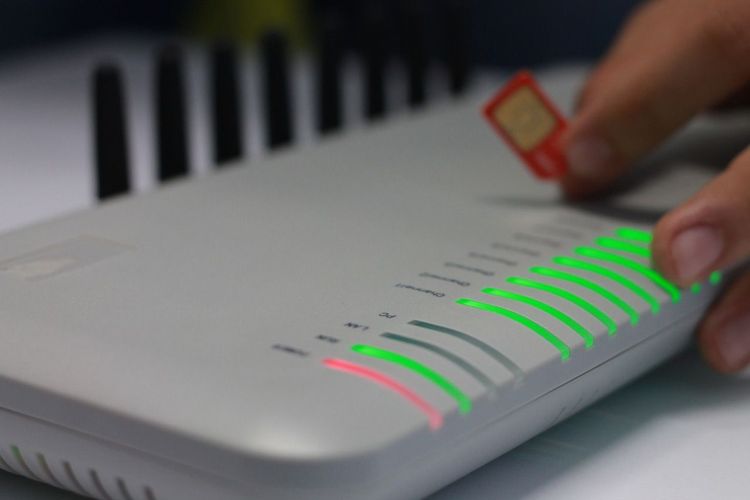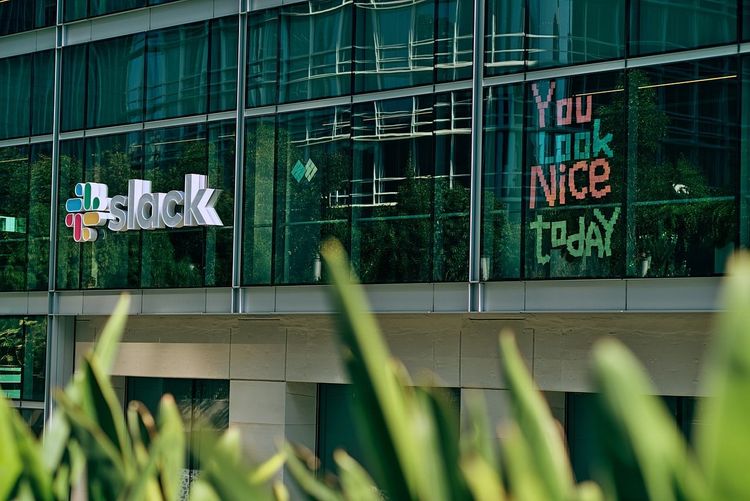Hugging Face, the rapidly growing AI startup valued at approximately $4.5 billion, has unveiled Gradio 5—a significant upgrade to its widely-used open-source tool for developing machine learning applications. This update aims to enhance accessibility for developers, potentially accelerating the adoption of machine learning technologies in enterprises.
Since its acquisition by Hugging Face in 2021, Gradio has become a vital part of the company's ecosystem, boasting over 2 million monthly users and more than 470,000 applications built on its platform.
Gradio 5 addresses the gap between machine learning expertise and web development skills. “Machine learning developers are proficient in Python but may struggle with the complexities of web development,” explained Abubakar Abid, Founder of Gradio. “Gradio allows developers to create high-performance, scalable applications that adhere to best practices in security and accessibility, all with just a few lines of Python code.”
A standout feature of Gradio 5 is its emphasis on enterprise-grade security. Abid shared that Hugging Face collaborated with the renowned cybersecurity firm Trail of Bits for an independent audit of Gradio. “We addressed all identified issues in Gradio 5. The key benefit for developers is that their Gradio 5 apps will automatically adhere to web security best practices, even if they lack expertise in that area.”
The update also introduces an experimental AI Playground, enabling developers to generate and preview Gradio apps using natural language prompts. Ahsen Khaliq, ML Growth Lead at Gradio, noted, “Similar to other AI coding environments, you can describe the app you wish to create, and an underlying LLM will generate Gradio code. Unlike these environments, you also see an instant preview of your app, allowing for real-time testing in the browser.” This feature significantly reduces the time and expertise required to build functional AI applications, broadening access to AI development for diverse businesses and developers.
Gradio’s critical role in the AI ecosystem is becoming increasingly apparent. “Once a model is available on the Hugging Face Hub or downloaded locally, developers can wrap it into a web app with just a few lines of code,” Khaliq explained. This versatility has led to Gradio's application in prominent projects like Chatbot Arena, Open NotebookLM, and Stable Diffusion.
As enterprise adoption of AI accelerates, Gradio 5 positions Hugging Face to capture a substantial share of this expanding market. Looking to the future, Abid shared ambitious plans: “Many updates in Gradio 5 are aimed at enabling new functionalities that we will launch in the coming weeks. Expect multi-page Gradio apps, navigation bars and sidebars, mobile app support using PWA, and more built-in components for new modalities like images and video.”
As AI continues to transform various sectors, tools like Gradio 5 that bridge sophisticated technology with practical applications will be crucial. With this launch, Hugging Face is not merely updating a product; it's reshaping the enterprise AI development landscape.







